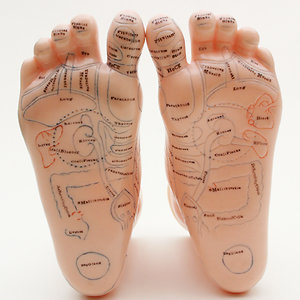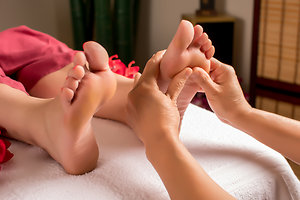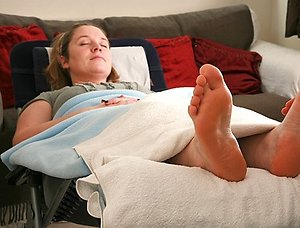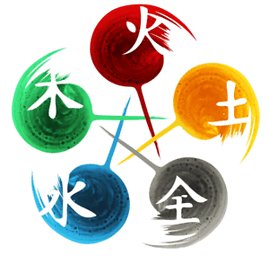What is reflexology?
Reflexology was born from the ancient art of therapeutic foot massage. It is thought to have originated in Ancient Egypt, but was also widely practised by diverse cultures across the globe including in China, India and Native America. The modern form we know today was developed by Eunice Ingham in the 1930’s, building on the ‘zone therapy’ work of Dr. William Fitzgerald in the early part of the 20th century.
Reflexology is based on the theory that reflex points on the feet, hands and face correspond to parts of the body including organs, nerves and glands.
When tension or congestion is found in part of the foot, it tends to be reflected in the related part of the body. Click on this footmap to view the foot reflexology points and what they correspond to.
Reflexology is a holistic therapy, meaning that the whole person benefits and not just the prevailing symptoms. It brings a sense of balance, harmony and wellbeing. Reflexology is suitable for all ages and is often used to counter-act stress.
What to expect when you come for reflexology
Your initial visit will take up to an hour and a half and consists of a personal and medical consultation covering your family history, lifestyle, systems functions (e.g. sleep, appetite) and full details of your current complaint/s and any test or investigations that you have had. You will also have the opportunity to discuss in complete confidence any concerns or troubles you may currently be dealing with. After your consultation I will carry out an examination of your feet, before embarking on your first treatment. Subsequent appointments take up to an hour, and include discussion of your progress and your treatment to date. A course of treatment is often recommended, depending on your body’s needs. Treatment is given with the patient lying in a comfortable reclining chair, with the offer of a blanket as body temperature tends to drop during treatment.
How will I feel after treatment?
Most people walk away feeling deeply relaxed and rejuvenated, with an enhanced feeling of well-being. However, reflexology can provoke a short-lived ‘healing reaction’ as the body rids itself of toxins. This may be in the form of a temporary worsening of symptoms, lethargy, tears, etc. This should be viewed positively and can represent an important turning point for the patient.
To find out more about reflexology, contact me, or visit the Association of Reflexologists.




